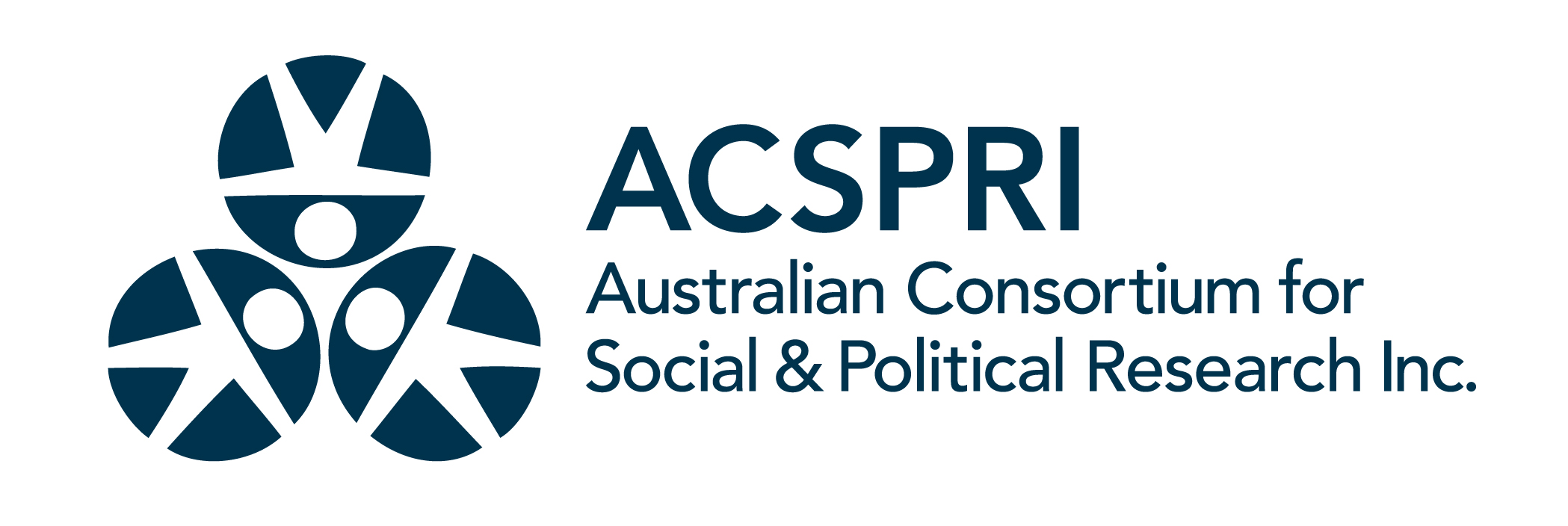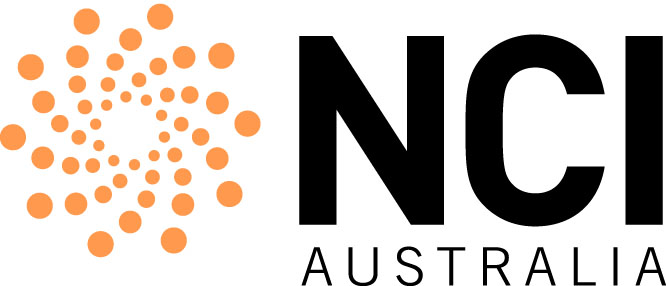Keywords: NCRIS or research data or data
-

Australian Research Data Commons (ARDC)
The Australian Research Data Commons (ARDC) enables the Australian research community and...
116 training material4 upcoming event (121 past event)Australian Research Data Commons (ARDC) https://ardc.edu.au/ https://dresa.org.au/content_providers/australian-research-data-commons-ardc The Australian Research Data Commons (ARDC) enables the Australian research community and industry access to nationally significant, data intensive digital research infrastructure, platforms, skills and collections of high quality data. As a national research infrastructure provider, the ARDC facilitates partnerships to develop a coherent research environment that enables researchers to find, access, contribute to and effectively use services to maximise research quality and impact. /system/content_providers/images/000/000/001/original/ARDC_Docusign_logo_-_296_x_76px_.png?1627455958 -

Pawsey Supercomputing Research Centre
The Pawsey Supercomputing Research Centre is 1 of 2 Tier 1 supercomputing centres in...
7 training material0 upcoming event (33 past event)Pawsey Supercomputing Research Centre http://pawsey.org.au https://dresa.org.au/content_providers/pawsey-supercomputing-research-centre The Pawsey Supercomputing Research Centre is 1 of 2 Tier 1 supercomputing centres in Australia. Pawsey prides itself on incorporating a range of best practices, features and solutions. Key features of the Centre include: - A purpose-built supercomputing building of more than 1000 m2 at Technology Park in Kensington, Western Australia; complete with scalable cooling and electrical services, to accommodate for expanding supercomputing infrastructure within the facility - A unique groundwater cooling system for removing heat from the supercomputer and dissipating this heat via an aquifer, 140 metres below the Centre, with no loss of groundwater. A photovoltaic system which has been incorporated into the building’s shaded façade, plus an extensive PV array on the roof of the building - This installation generates 140 kW of electricity onsite, which acts to offset the electrical and CO2 footprint of the Supercomputing Centre - Automated ‘intelligence’ incorporated into the building, with real-time monitoring, to facilitate efficient operation and support fine tuning of operations to reduce overall power costs /system/content_providers/images/000/000/004/original/PAW_RGB_H.png?1633498197 -

ACSPRI
The Australian Consortium for Social and Political Research Incorporated (ACSPRI) is a...
28 upcoming event (32 past event)ACSPRI https://www.acspri.org.au/ https://dresa.org.au/content_providers/acspri The Australian Consortium for Social and Political Research Incorporated (ACSPRI) is a not-for-profit organisation, broadly aimed at the promotion and enhancement of social science research and methods in Australia. Our consortium of institutional members, include universities, public sector research institutions and not-for-profits. We work to provide benefits and services to our members including: education and professional development in Social Science Research Methods and Research Technology courses. /system/content_providers/images/000/000/021/original/ACSPRI_Logo_Horizonal.jpg?1661921514 -

NCI
NCI is Australia’s leading high-performance data, storage and computing organisation, providing...
0 upcoming event (32 past event)NCI https://nci.org.au https://dresa.org.au/content_providers/nci-australia-national-computational-infrastructure NCI is Australia’s leading high-performance data, storage and computing organisation, providing expert services to benefit all domains of science, government and industry. NCI brings the Australian Government and the Australian research sector together through a broad collaboration involving the largest national science agencies, universities, industry and the Australian Research Council. NCI empowers government agencies, universities, and industry across multiple domains of research. Our integrated hardware, services and expertise drive high-impact research and groundbreaking outcomes for Australia. /system/content_providers/images/000/000/011/original/NCI_Australia_logo.jpg?1633670199 -

Heurist Network
### What is Heurist? Heurist is a comprehensive, flexible data management service built...
1 training material0 upcoming event (15 past event)Heurist Network https://heuristnetwork.org https://dresa.org.au/content_providers/heurist-network ### What is Heurist? Heurist is a comprehensive, flexible data management service built specifically for the Humanities, available both as a free service, or for download to a private server (open source). Its development has been driven and informed by dozens of Humanities research projects. Heurist is a human-centered interface to a MySQL (or other SQL server) database. It operates as a hybrid relational / graph database, hiding all the complexity of SQL, tables, relational joins, relational integrity etc. behind (fairly) simple choices. It’s available on a number of non-commercial web services (free to use) and on private web servers. You can also install it on your own server if you wish. ### What we offer We offer frequent training and collquia for our users, indeed for all Humanities researchers who use digital methods and require a database. Our users are a diverse community of researchers across Australasia, Europe, Asia, Africa and the Americas. We also offer one-on-one support and ad-hoc training for projects who use our technology, or individuals who need a hand gettings started with Humanities databasing. /system/content_providers/images/000/000/018/original/h6logo_intro.png?1653544233 -

Atlas of Living Australia
The Atlas of Living Australia (ALA) is a collaborative, digital, open infrastructure that pulls...
0 upcoming event (1 past event)Atlas of Living Australia https://www.ala.org.au/ https://dresa.org.au/content_providers/atlas-of-living-australia The Atlas of Living Australia (ALA) is a collaborative, digital, open infrastructure that pulls together Australian biodiversity data from multiple sources, making it accessible and reusable. The ALA helps to create a more detailed picture of Australia’s biodiversity for scientists, policymakers, environmental planners and land managers, industry and the general public and enables them to work more efficiently. The ALA is the Australian node and a full voting member of GBIF – the Global Biodiversity Information Facility – an international network and data infrastructure funded by the world’s governments and aimed at providing anyone, anywhere, open access to data about all types of life on Earth. /system/content_providers/images/000/000/017/original/ALA_Logo_Inline_CMYK.jpg?1652413583